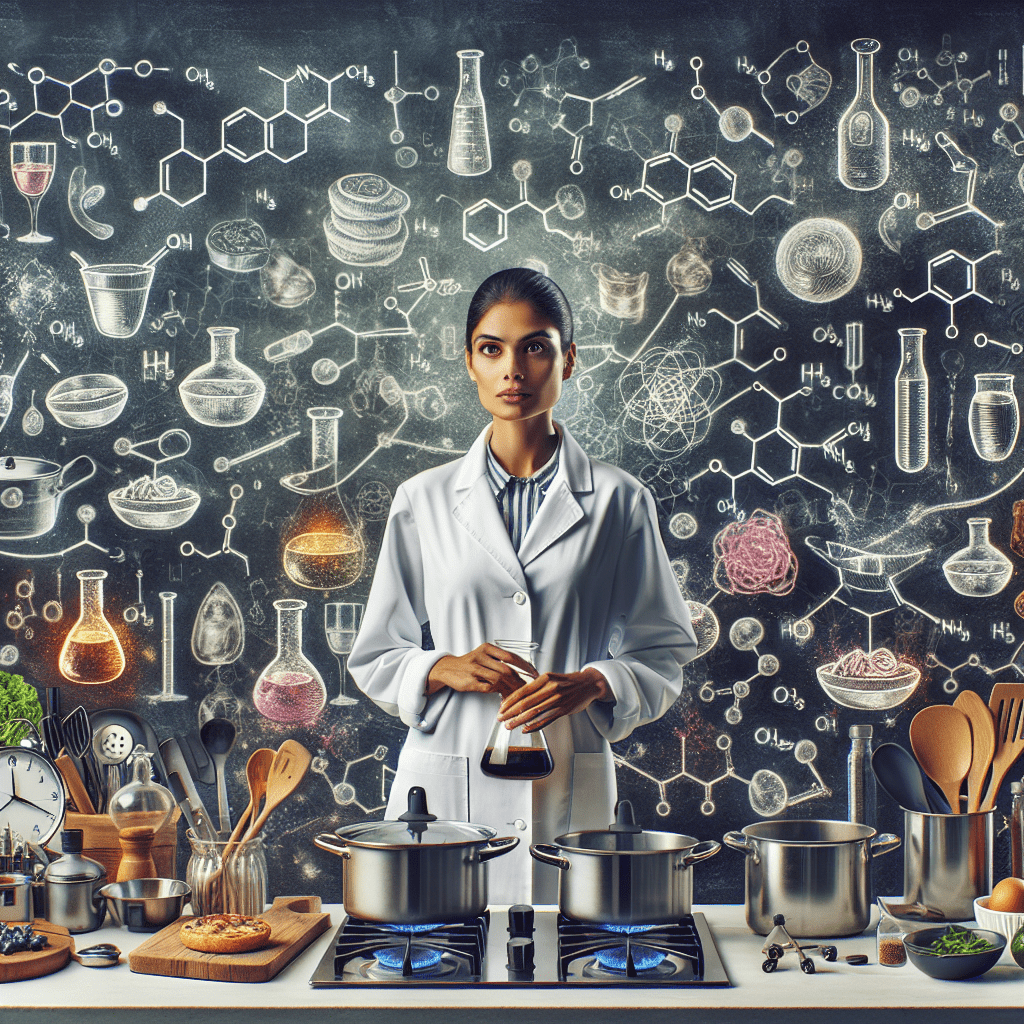Cooking is both an art and a science. While creativity and intuition play a significant role in creating delicious dishes, understanding the science behind cooking can help elevate your culinary skills to new heights. In this article, we will delve into the fascinating world of food science and uncover the secrets behind great dishes.
The Role of Science in Cooking
At its core, cooking is a series of chemical reactions and transformations that occur when ingredients are heated, mixed, or otherwise manipulated. Understanding these processes can help you make informed decisions in the kitchen and create dishes that are not only delicious but also scientifically sound.
Maillard Reaction
One of the most important chemical reactions in cooking is the Maillard reaction. This reaction occurs when amino acids and reducing sugars are heated together, resulting in the browning of food and the development of complex flavors. The Maillard reaction is responsible for the delicious crust on a seared steak, the golden-brown color of freshly baked bread, and the rich flavor of caramelized onions.
Emulsification
Emulsification is another crucial process in cooking that involves combining two immiscible liquids, such as oil and water, to create a stable mixture. Emulsions are essential for creating creamy salad dressings, smooth sauces, and velvety soups. Understanding the science behind emulsification can help you achieve the perfect texture and consistency in your dishes.
Cooking Techniques
Many cooking techniques are rooted in scientific principles, allowing chefs to manipulate ingredients in precise ways to achieve specific results. From braising and sous vide to fermentation and dehydration, each cooking technique relies on a deep understanding of the science behind food preparation.
Sous Vide Cooking
Sous vide cooking involves vacuum-sealing food in a plastic bag and cooking it in a water bath at a precise temperature. This cooking method ensures that food is cooked evenly and retains its moisture and flavor. The science behind sous vide cooking lies in controlling the temperature of the water bath to achieve the desired doneness of the food.
Fermentation
Fermentation is a natural process in which microorganisms, such as yeast and bacteria, break down carbohydrates in food to produce alcohol, acids, and gases. This process is responsible for the tangy flavor of yogurt, the bubbly nature of champagne, and the complex taste of fermented vegetables. By understanding the science of fermentation, you can harness its power to create delicious and probiotic-rich foods.
Conclusion
The science of cooking is a vast and fascinating subject that can greatly enhance your culinary skills. By understanding the chemical reactions, transformations, and techniques involved in cooking, you can unlock the secrets behind great dishes and take your cooking to the next level. Experimenting with different ingredients, cooking methods, and flavor combinations will allow you to create culinary masterpieces that are both delicious and scientifically sound.
FAQs
Q: How does salt affect the taste of food?
A: Salt enhances the flavor of food by blocking bitter taste receptors on the tongue and activating umami receptors, which are responsible for detecting savory flavors. It also helps to balance sweetness and acidity in dishes.
Q: What is the best way to tenderize meat?
A: The best way to tenderize meat is to use enzymatic marinades or mechanical tenderization techniques, such as pounding or scoring the meat. Enzymes break down tough muscle fibers, resulting in a more tender and flavorful end product.
Q: How does heat affect the texture of food?
A: Heat causes proteins in food to denature and form new bonds, resulting in changes in texture. For example, high heat can create a crispy crust on bread or sear the surface of a steak, while low heat can break down collagen in meat, making it tender and juicy.
Tip
Experiment with different cooking techniques and ingredients to discover your unique culinary style. Don’t be afraid to make mistakes – cooking is a journey of discovery and learning. Embrace the science of cooking and let it inspire you to create delicious dishes that showcase your creativity and knowledge of food science.
#Science #Cooking #Uncovering #Secrets #Great #Dishes
